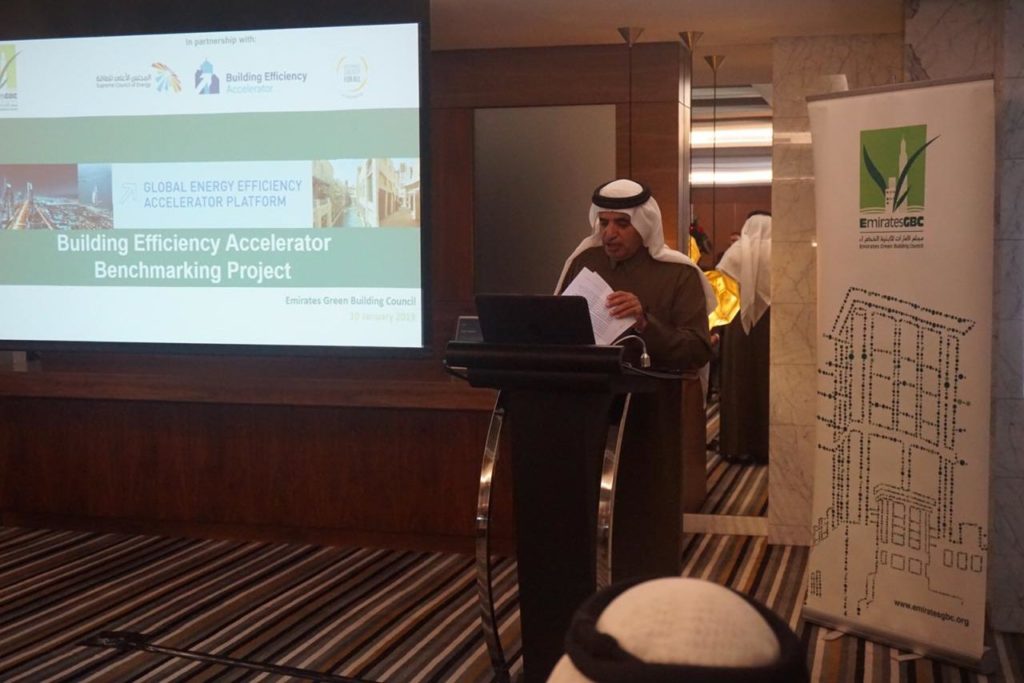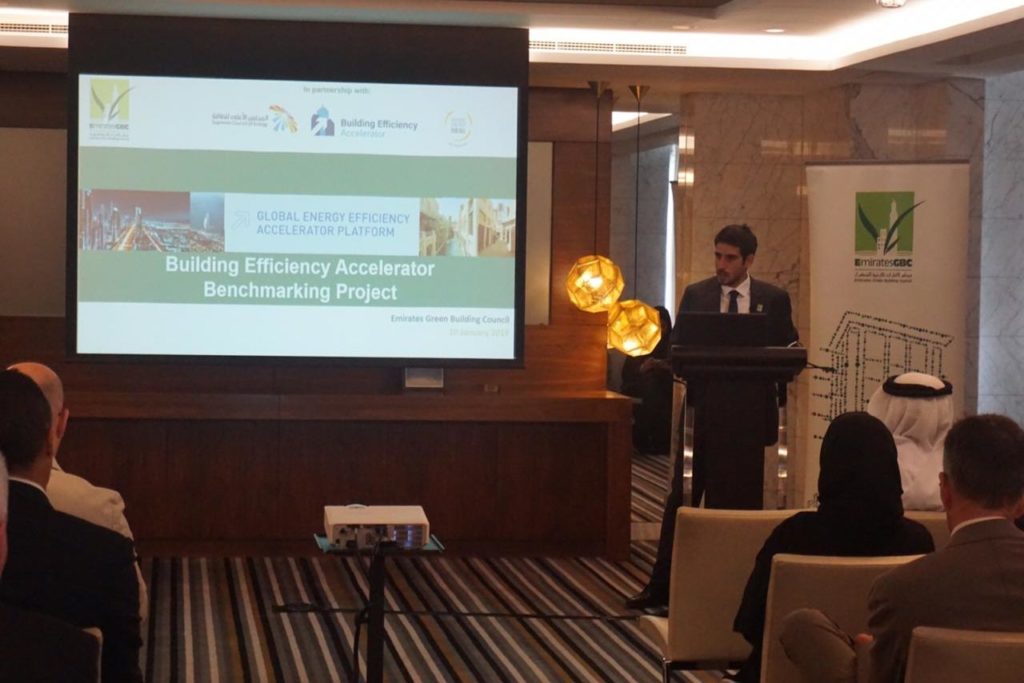While several schools, malls and hotels in Dubai are way ahead in achieving high levels of energy and water use efficiency, others need to pace up their sustainability commitment to ensure they are aligned with the sustainable development vision of the nation.
This was revealed in the results of the Building Efficiency Accelerator (BEA) Project Report, prepared by Emirates Green Building Council (EmiratesGBC), an independent forum aimed at conserving the environment by strengthening and promoting green building practices.
The BEA project is led by the World Resources Institute (WRI) under the UN programme, Sustainable Energy for All (SEforAll), which aims to accelerate implementation of building efficiency policies and programs, and double the global rate of improvement in energy efficiency by 2030.
EmiratesGBC’s BEA team assessed the energy and water performance of existing buildings against similar buildings within the same typology as part of the study since January 2018. A total of 121 properties, including 85 hotels, 27 schools and 9 malls, submitted data on their energy and water use.
The study revealed that the best hotel and hotel apartment performers consume 58% less energy and 65% less water per unit area than the worst performers in the category. Older hotels are likely to consume more energy and water per unit area further highlighting the importance of retrofits. Higher star-rated hotel properties are also likely to consume slightly more energy and water per unit area with hotels and hotel apartments consuming 12% less energy and 36% less water, on average, per area than resorts.
The best performers among schools consume 61% less energy and 84% less water per unit area compared to the worst with newer schools likely to be higher consumers of energy and water. The report also indicates that schools rated higher by the Knowledge and Human Development Authority (KHDA) were likely to consume less energy per unit area. Among malls, the lowest consumer uses 35% less energy and 58% less water per area compared to the highest consumer.
Saeed Al Abbar, Chairman of EmiratesGBC, said: “The findings reveal that there is a strong potential for savings and operational efficiencies that can be achieved through remedial actions such as audits, retrofits, energy management and the use of awareness campaigns or training to drive changes in behavior.”

HE Secretary General Ahmad Muhairbi, Secretary-General of the Dubai Supreme Council of Energy, said: “Energy sustainability has come to the top of the agenda of the Dubai Government, driven by the visionary leadership of HH Sheikh Mohammed Bin Rashid Al Maktoum, The Ruler of Dubai. Having a direct impact on overall wellbeing of its citizens and residents, sustainability ensures a sound foundation on our journey to improve the image of our local urban life and become the number 1 city in the world in all aspects.”
The BEA project report provides easy to adapt recommendations for facility managers, operators and building owners to assist them in accurately measuring their buildings’ performance. Among the recommendations is the importance of having a sufficient number of sub-meters within malls to track and measure energy and water use.
The report also recommends building on Dubai’s existing strategies and policies to encourage benchmarking across all types of buildings. This will help future mandates for building audits and retrofits for poor performing buildings, thereby paving the way for decarbonisation and net zero buildings.
Among the leading entities that participated in the benchmarking project are: Accor Hotels, Middle East & Egypt; Hilton, Middle East & Africa; Taaleem, Inspiring Young Minds; Majid Al Futtaim; Marriott International, Middle East & Africa; Millennium Hotels & Resorts, Middle East & Africa; Movenpick Hotels & Resorts, Middle East & Africa; and Nakheel. Majd Fayyad, Technical Manager, and Jason John, Technical Analyst, at EmiratesGBC led the project and prepared the report.




